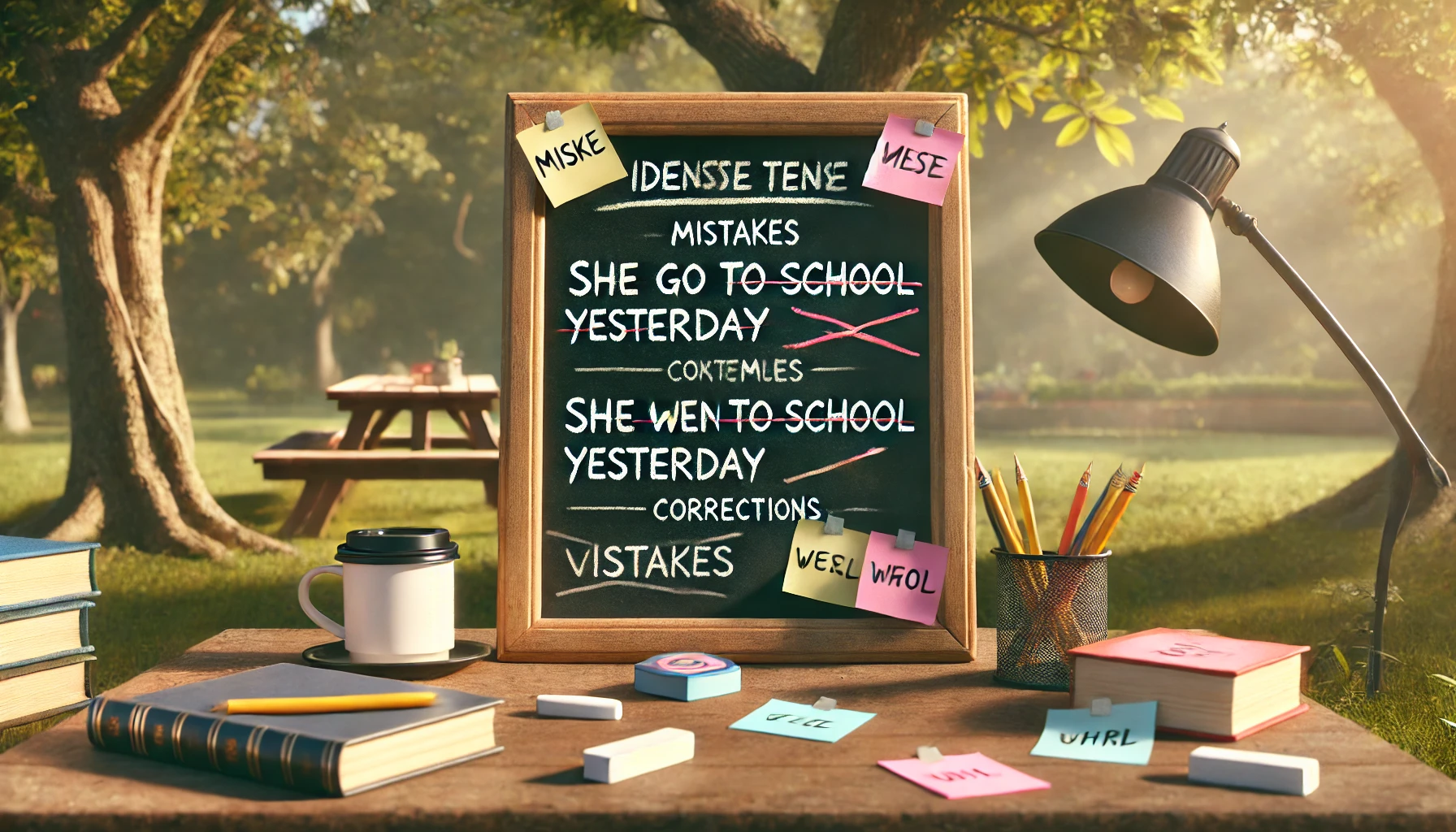Table of Contents
- 1. Introduction
- 2. Understanding the Basics of the Future Perfect Tense
- 3. Common Uses of the Future Perfect Tense
- 4. Rules for Forming the Future Perfect Tense
- 5. Affirmative Sentences
- 6. Negative Sentences
- 7. Forming Questions in the Future Perfect Tense
- 8. Real-World Examples
- 9. Common Errors and How to Avoid Them
- 10. Conclusion
1. Introduction
The Future Perfect Tense is an advanced English grammar concept used to describe actions that will be completed before a specific point in the future. Mastering this tense helps to express future plans, predictions, and expectations with precision. In this comprehensive guide, we’ll delve into how to form and use the Future Perfect Tense, supported by practical examples and tips to enhance your understanding.
2. Understanding the Basics of the Future Perfect Tense
The Future Perfect Tense is formed using the auxiliary verbs will and have, followed by the past participle of the main verb. It indicates that an action will be completed before a certain time or event in the future.
Definition and Purpose
The tense answers the question “What will have been done by a specific point in the future?” It’s commonly used in planning, forecasting, and describing future accomplishments.
Examples:
- “By next year, I will have graduated from college.”
- “They will have completed the project before the deadline.”
3. Common Uses of the Future Perfect Tense
The Future Perfect Tense has specific applications in English. Here are its primary uses:
1. Describing Actions Completed Before a Future Time
Use this tense to discuss actions that will be finished before a specified point:
- “I will have finished my homework by 8 PM.”
- “The plane will have landed before we arrive at the airport.”
2. Making Predictions
The tense is useful for making educated guesses or assumptions about the future:
- “He will have reached the office by now.”
- “They will have heard the news by tomorrow.”
3. Setting Goals
It is often used to express goals or expectations:
- “By the end of the year, we will have saved enough money for a vacation.”
- “She will have written her first novel by the time she turns 30.”
4. Highlighting Expected Outcomes
The Future Perfect Tense is often used to emphasize anticipated results of actions by a future time:
- “By the time the conference ends, the team will have finalized their presentation.”
- “By the next election, they will have implemented the new policies.”
This usage highlights the completion of specific objectives or milestones in a planned timeline.
4. Rules for Forming the Future Perfect Tense
To use the Future Perfect Tense correctly, it’s essential to follow its consistent structure. This tense combines the auxiliary verbs will and have with the past participle of the main verb.
Structure
- Subject + will + have + past participle
The auxiliary verbs will and have remain constant, while the past participle of the main verb varies depending on whether the verb is regular or irregular.
Examples:
- “I will have finished the report by tomorrow.”
- “They will have completed the task before the meeting.”
- “She will have mastered the technique by the end of the course.”
5. Affirmative Sentences
Affirmative sentences in the Future Perfect Tense state that an action will be completed by a specific time in the future. These sentences are straightforward to construct and useful for expressing clear timelines.
Structure of Affirmative Sentences
The structure is:
- Subject + will + have + past participle
Examples:
- “By 5 PM, we will have finished the project.”
- “She will have moved to her new apartment by next month.”
- “They will have traveled to six countries by the end of the year.”
Affirmative sentences clearly convey the expected completion of actions or events within a specific timeframe.
6. Negative Sentences
Negative sentences in the Future Perfect Tense indicate that an action will not be completed by a certain time in the future. They are formed by adding not between will and have.
Structure of Negative Sentences
The structure is:
- Subject + will + not + have + past participle
Contractions
In informal settings, will not is often contracted to won’t:
- “They won’t have finished the report by the deadline.”
Examples:
- “I will not have completed the assignment before the class starts.”
- “She won’t have arrived by the time the meeting begins.”
- “We will not have achieved our sales targets by the end of the quarter.”
7. Forming Questions in the Future Perfect Tense
Questions in the Future Perfect Tense inquire about actions that will be completed by a specific time. They are formed by inverting will and the subject, followed by have and the past participle.
Structure of Yes/No Questions
The structure is:
- Will + subject + have + past participle?
Examples:
- “Will you have finished the report by 3 PM?”
- “Will they have left before we arrive?”
Structure of Wh-Questions
When using question words like what, when, or where, the structure is:
- Wh-word + will + subject + have + past participle?
Examples:
- “What will you have achieved by the end of the year?”
- “Where will they have gone by this time tomorrow?”
8. Real-World Examples
The Future Perfect Tense is used in various real-world scenarios, from casual conversations to professional discussions. Here are some examples:
In Daily Conversations
- “By this time next week, I will have completed my training.”
- “They will have arrived at the hotel by noon.”
In Professional Settings
- “The team will have finished the report before the presentation.”
- “We will have achieved our quarterly targets by next month.”
In Travel Plans
- “By the time we land, they will have reached the hotel.”
- “She will have visited all the major landmarks by the end of her trip.”
9. Common Errors and How to Avoid Them
While the Future Perfect Tense is straightforward, learners often make mistakes. Let’s address some common errors:
Error 1: Using “Will Have” with Present or Past Actions
Incorrect: “I will have completed the task now.”
Correct: “I have completed the task now.”
Error 2: Omitting “Have” in the Structure
Incorrect: “They will finished the project.”
Correct: “They will have finished the project.”
Error 3: Using the Base Form Instead of the Past Participle
Incorrect: “She will have write the book by then.”
Correct: “She will have written the book by then.”
10. Conclusion
The Future Perfect Tense is an invaluable tool for describing actions that will be completed by a specific point in the future. By mastering its formation, uses, and common applications, you can add depth and clarity to your English communication.
Focus on practicing affirmative, negative, and interrogative forms in real-life contexts to build confidence. Over time, using the Future Perfect Tense will become second nature, enhancing both your writing and speaking skills.
Start applying the Future Perfect Tense in your daily conversations and written communication today to express future plans and expectations more effectively!




